
CBS
Featured Show:
The Brighter Day
The Brighter Day is an American daytime soap opera which aired on CBS from January 4, 1954 to September 28, 1962. Originally created for NBC radio by Irna Phillips in 1948, the radio and television versions ran simultaneously from 1954-1956. Set in New Hope, Wisconsin, the series revolved around Reverend Richard Dennis and his four children, Althea, Patsy, Babby and Grayling. The Brighter Day was the first soap opera to air on network television with an explicitly religious theme. Another soap opera created by Phillips, The Guiding Light, initially had a religious theme as a radio show but dropped it by the time the series moved to television.
CBS TV Shows
1438 shows • Page 71 of 72
 0
0The Brighter Day
The Brighter Day is an American daytime soap opera which aired on CBS from January 4, 1954 to September 28, 1962. Originally created for NBC radio by Irna Phillips in 1948, the radio and television versions ran simultaneously from 1954-1956. Set in New Hope, Wisconsin, the series revolved around Reverend Richard Dennis and his four children, Althea, Patsy, Babby and Grayling. The Brighter Day was the first soap opera to air on network television with an explicitly religious theme. Another soap opera created by Phillips, The Guiding Light, initially had a religious theme as a radio show but dropped it by the time the series moved to television.
 0
0Circus of the Stars
Circus of the Stars was an annual television special, broadcast by the CBS network in the United States, in which celebrities performed circus-type acts. There were 19 shows in total, the first being broadcast in 1977 and the last in 1994. Over the years the series featured many leading movie and television stars. Towards the end of its life the program title was changed slightly. In 1992 it was Circus of the Stars and Sideshow, in 1993 it became Circus of the Stars Gives Kids the World and in 1994 it was Circus of the Stars Goes to Disneyland. Although the show has ceased in the United States, the concept has been emulated in other countries where similar programs continue to be made, notably Stars in der Manege in Germany.
 0
0Spin-Off
Spin-Off is an American game show created and produced by Nick Nicholson and E. Roger Muir for CBS in 1975 that was based on the dice game Yahtzee. The series was hosted by Jim Lange and announced by Johnny Jacobs. The show replaced The Joker's Wild on CBS' daytime schedule and debuted on June 16, 1975, but was cancelled on September 5, 1975. Spin-Off originated in Stages 31, 33 and 41 at CBS Television City in Los Angeles, California.
 0
0Ivan the Terrible
Ivan the Terrible is an American sitcom that aired on CBS for five episodes during 1976. The short-lived series parodied American attitudes toward the Soviet Union during the height of the Cold War. Set in Moscow, the sitcom starred Lou Jacobi as a Russian hotel waiter named Ivan Petrovsky, and the day-to-day misadventures of Ivan's family and their Cuban exchange student boarder, all of whom live in a cramped, one-bedroom apartment. Also appearing in this series were Christopher Hewett, Phil Leeds, Alan Cauldwell and, in her TV series debut, Nana Visitor. Harvey Korman appeared as a Soviet bureaucrat in an uncredited cameo at the close of each episode. The executive producer of this series was noted comic Alan King.
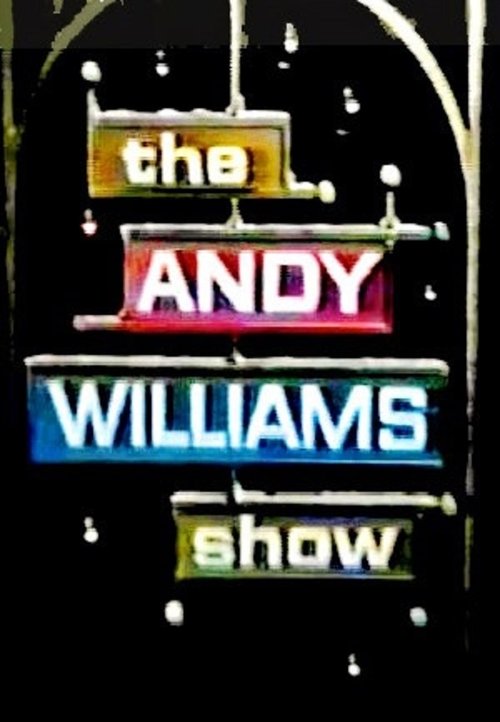
The Andy Williams Show
The Andy Williams Show is an American television variety show that ran from 1962 to 1971, and a short-lived run in syndication, beginning in the fall of 1976. It was hosted by crooner Andy Williams.
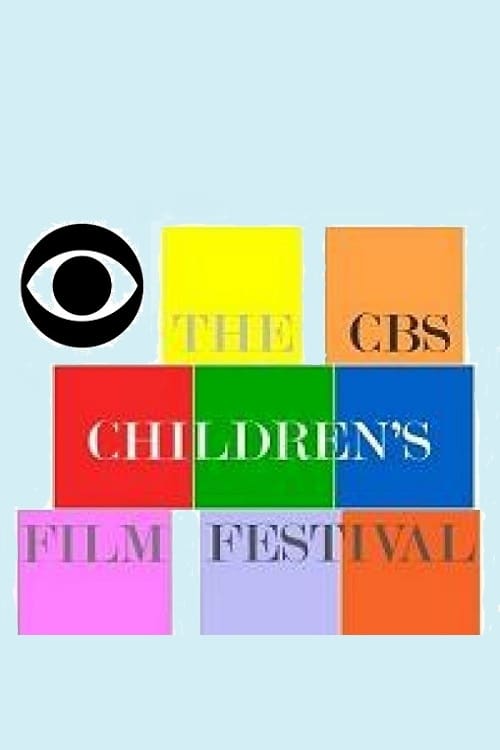 0
0CBS Children's Film Festival
CBS Children's Film Festival is a television series of live action films from several countries that were made for children. Originally a sporadic series airing on Saturday mornings, Sunday afternoons, or weekday afternoons during the summer from 1967, it became a regularly scheduled program in 1971 on the CBS Saturday morning lineup, running one hour with some films apparently edited down to fit the time slot. The program was hosted by 1950s television act Kukla, Fran and Ollie, aka puppeteer Burr Tillstrom and actress Fran Allison. Kukla, Fran and Ollie were dropped from the series in 1977 and the program was renamed CBS Saturday Film Festival. In 1978 CBS canceled the show in favor of the youth targeted magazine 30 Minutes which was modeled after its adult sister show 60 Minutes. CBS canceled 30 Minutes in 1982 and brought back Saturday Film Festival which ran for two seasons until CBS cancelled it for good in 1984. Perhaps the most famous "episode" of the series was the 1960 British film Hand in Hand, the story of a deep friendship between two elementary school students, one a Roman Catholic boy and the other a Jewish girl. In addition to many American and British films, the series also featured motion pictures from Russia, France, Bulgaria, Japan, Sweden, Italy, China, Australia, South Africa, and Czechoslovakia as well as several other countries.

Up to the Minute
Up to the Minute is an American overnight television news program that is broadcast on CBS during the early morning hours each Monday through Friday. The program offers hard news, features, interviews, weather forecasts, sports highlights, business and commentary. Up to the Minute draws from the full resources of CBS News, including the CBS Evening News, Newspath, affiliate stations, the CBS Radio Network and Reuters Television. It rebroadcasts selected stories from CBS News Sunday Morning, 48 Hours, 60 Minutes and Face the Nation. The program is currently solo anchored by Anne Marie Green.

In the News
In the News is a series of two-minute televised video segments that summarized topical news stories for children and pre-teens. The segments were broadcast in the United States on the CBS television network from 1971 until 1986, between Saturday morning animated cartoon programs, alongside features like Schoolhouse Rock and One to Grow On, which aired on competing networks ABC and NBC, respectively. NBC would also go on to produce its own competing version called Ask NBC News. The "micro-series" had its genesis in a series of animated interstitials produced by CBS and Hanna Barbera Productions called In The Know, featuring Josie and the Pussycats narrating educational news segments tailored for children. This was eventually metamorphosed into a more live-action-oriented micro-series produced solely by CBS' news division. In the News segments attempted to explain the essence of complex news stories to children, and to do so in a way that might engage a young audience. Video clips of national or world events and special-interest stories were shown with voice-over narration specifically written with children in mind. Although news stories deemed to be inappropriate for children were not covered on In the News, the series did feature a wide range of then-current events.
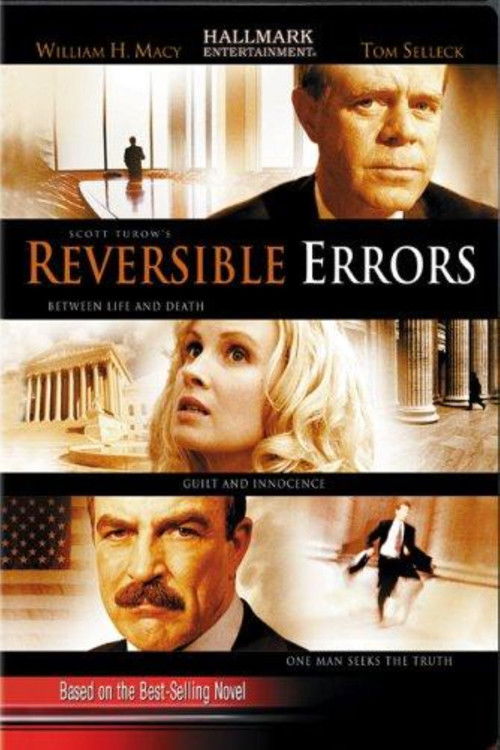 0
0Reversible Errors
Reversible Errors is a 2004 television film based on the novel of the same name by Scott Turow. It was directed by Mike Robe, who previously directed Scott Turow's The Burden of Proof, and stars Tom Selleck and William H. Macy. Filming was done in and around Halifax, Nova Scotia, and featured shots of Halifax City Hall and Angus L. Macdonald Bridge. The film was first shown by CBS in two parts on May 23 and 25, 2004. Channel 5 in the United Kingdom has chosen to show it as a single 173 minute film.
 0
0Pabst Blue Ribbon Bouts
Pabst Blue Ribbon Bouts was a television program that broadcast boxing matches from New York's Madison Square Garden featuring Russ Hodges, Jack Drees, and Bill Nimmo. Kinescopes of some of these matches were later re-broadcast under the title "Blue Ribbon Classics." In recent years, ESPN Classic has aired some of the bouts. Most Pabst Blue Ribbon fights can be viewed at TVS Boxing.Net.
 0
0The Eddy Arnold Show
The Eddy Arnold Show is the name of three similar American network television summer variety programs during the 1950s hosted by Eddy Arnold and featuring popular music stars of the day. It was also the name of a radio program starring Arnold.
 0
0Raggedy Ann and Andy in The Great Santa Claus Caper
Raggedy Ann and Andy in The Great Santa Claus Caper, a.k.a. simply The Great Santa Claus Caper, is a 1978 animated American television special featuring Raggedy Ann and Raggedy Andy.
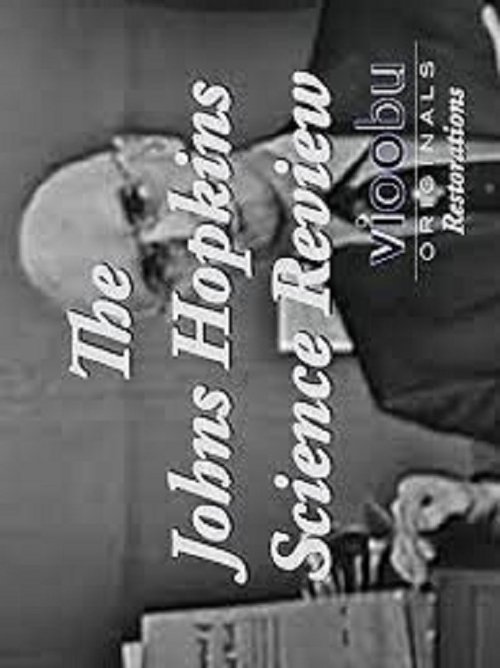 0
0The Johns Hopkins Science Review
The Johns Hopkins Science Review is a US television series about science that was produced at Johns Hopkins University from 1948-1955. Starting in 1950, the series aired on the DuMont Television Network until the network's demise in 1955. The series' creator was Lynn Poole, who wrote or co-wrote most of its episodes and acted as the on-camera host. In 2002, Patrick Lucanio and Gary Coville wrote that, "In retrospect, Lynn Poole created one of those unique series that allowed television to fulfill its idealized mission as both an educational and an entertainment medium." The original series was followed by three related series produced by Poole at Johns Hopkins University: Tomorrow, Tomorrow's Careers, and Johns Hopkins File 7. Johns Hopkins University ended its production of television series in 1960.
 0
0Escape From Fear
Escape From Fear is a 1955 American television adaptation from A. J. Cronin's 1954 serial story of the same title. The show was written by Bernard Girard, directed by Allen Reisner, and produced by Tony Barr. It was the twelfth episode of the first season of Climax!, which was broadcast on CBS. The show was hosted by William Lundigan and starred Tristram Coffin, Mari Blanchard, Howard Duff, and Jay Novello.

Lily
Lily is an American comedy variety show television special aired by CBS Television in 1973. The writing crew of 15 all received an Emmy Award for their efforts on this show. This program was the first of three specials, preceding Lily in 1974, and The Lily Tomlin Special in 1975.
 0
0That's Just the Woman in Me
That's Just the Woman in Me is a one-off American television special by the Canadian singer Celine Dion that was broadcast by CBS on February 15, 2008n and was recorded at the Wiltern Theatre in Los Angeles, California. The show celebrated her return to performing after five years in Las Vegas and was a promotion for her latest studio album, Taking Chances. The show was quickly put together after the success of An Audience with Celine Dion in the UK. The program featured Celine performing a few of her memorable hits along with new tracks from the album. Special guests included: ⁕Olivia Trinidad Arias ⁕Joe Walsh ⁕David Foster ⁕Halle Berry ⁕Caroline Rhea ⁕Corbin Bleu ⁕will.i.am ⁕Josh Groban ⁕Jennifer Love Hewitt ⁕Ross McCall The show's format was similar to An Audience with..., where Dion was asked questions by the audience. Dion began the show with the triumphant "River Deep Mountain High". Next, she sang the first single from Taking Chances. She dedicated "The Power of Love" to the engaged couple Jennifer Love Hewitt and Ross McCall. The show continued with Dion singing "The Prayer" with Josh Groban. She did a little beatboxing before she performed an unreleased remix of "Eyes on Me" with will.i.am. She also performed the Beatles song, "Something", with Joe Walsh on guitar and dedicated the song to George Harrison's widow. Dion said that the song had a special place in her heart because it was the first song her son, Rene Charles, learned to play on the piano. She sang "Alone", a song written by Billy Steinberg and Tom Kelly and popularized by Heart. She closed the show with a song she wanted to record over 15 years ago, "That's Just the Woman in Me".
 0
0Amateur's Guide to Love
The Amateur's Guide to Love is an American television game show, created by Merrill Heatter and Bob Quigley, that ran on CBS from March 27 to June 23, 1972. Gene Rayburn was the emcee, while Kenny Williams was the announcer. The theme was written by Mort Garson, of Our Day Will Come fame. Each episode began with Garson's theme song, set to shots of a van emblazoned with the Amateur's Guide to Love logo driving around southern California, with scenes of men and women falling in love with each other. As the van travels around, host Gene Rayburn sets the scene for the game show: Afterwards, the show would then cut to the studio, where announcer Kenny Williams would introduce this weeks' panelists, and Rayburn.
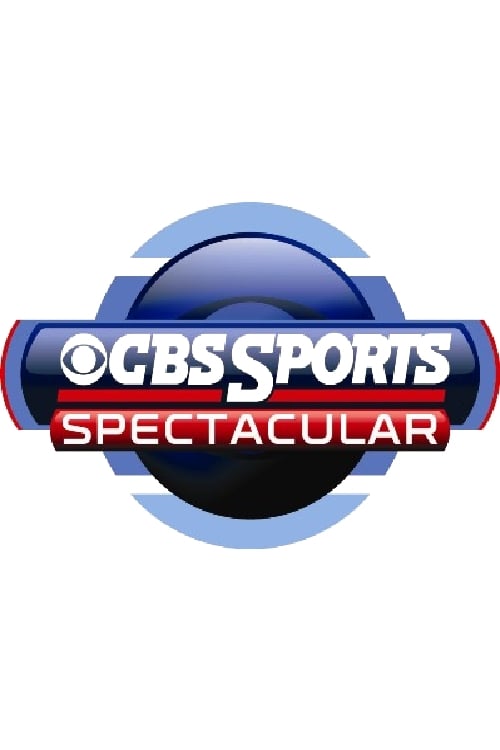 0
0CBS Sports Spectacular
CBS Sports Spectacular is a sports anthology program produced by CBS Sports. The series began on January 3, 1960 as The CBS Sports Spectacular, and has been known under many different names, including CBS Sports Saturday, CBS Sports Sunday, Eye on Sports and The CBS Sports Show. The program continues to air on an irregular basis on weekend afternoons, especially during the late spring and summer months. Normally it airs pre-recorded "time-buy" sports events produced by outside companies, such as supercross or skiing competitions, or sponsored documentaries.

Now You See It
Now You See It is an American television game show created by Frank Wayne for Mark Goodson-Bill Todman Productions. Two seasons were produced, and both aired on CBS. The first season ran from April 1, 1974 until June 13, 1975, and was hosted by Jack Narz. The second season ran from April 3 until July 14, 1989 and was emceed by veteran Los Angeles news anchor Chuck Henry. Johnny Olson was the original announcer, with Gene Wood substituting on occasion. Los Angeles disc jockey Mark Driscoll announced for the first month of the 1989 season, with Don Morrow replacing him for the remainder of the run. Although several tweaks to the game were made over the time Now You See It was on the air, the core format remained the same. Contestants competed to find words on a grid that was similar to a word search puzzle that served as answers to questions asked by the host.
 0
0House Calls: The Big Brother Talk Show
House Calls: The Big Brother Talk Show is a spin-off of the American reality television series Big Brother. The program is a live Internet talk show hosted by Gretchen Massey and focuses on events in the Big Brother house as well as taking phone calls from viewers. The show started in 2004 during Big Brother 5 with Marcellas Reynolds as host/co-host, and became quite popular. House Calls aired during the fifth through tenth seasons of Big Brother.